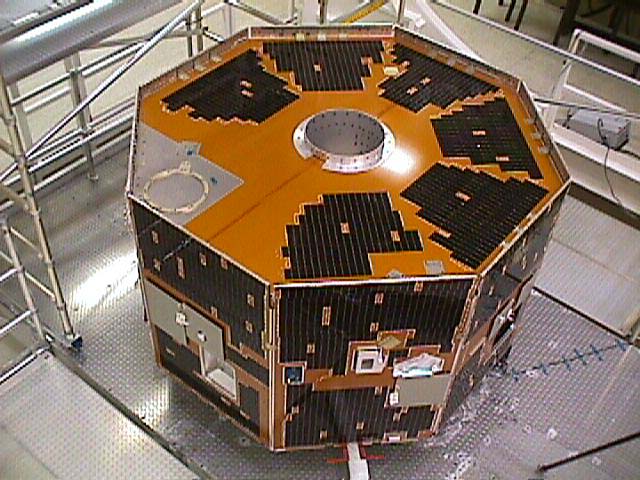A long-lost NASA satellite has been found again, thanks to an amateur astronomer, the space agency announced.
The Imager for Magnetopause-to-Aurora Global Exploration (IMAGE) satellite left for outer space in 2000, and went past its initial mission to stay in service until 2005. However, NASA abruptly lost contact with the satellite in December 2015, putting an end to its prolonged life, Fox News reports.
Engineers from NASA’s Goddard Space Flight Center have confirmed that now, over 12 years later, an amateur astronomer detected a signal from the IMAGE satellite. The engineers used NASA’s Deep Space Network to identify the signal. The network consists of a series of ground-based radio telescopes.
In a statement, NASA officials said,
On the afternoon of Jan. 30, the Johns Hopkins Applied Physics Lab in Laurel, Maryland, successfully collected telemetry data from the satellite.
They added, “The signal showed that the space craft ID was 166 — the ID for IMAGE. The NASA team has been able to read some basic housekeeping data from the spacecraft, suggesting that at least the main control system is operational.”
The IMAGE satellite was the “first satellite mission dedicated to imaging the Earth’s magnetosphere, the region of space controlled by the Earth’s magnetic field,” NASA said.
The Earth’s magnetic-field lines connect to it at two poles very close to the South and North poles. These lines rise and curve around the planet, making a magnetic bubble of sorts that influence the movement of plasma.
Since IMAGE is present once again, NASA says the satellite can still work on the data it sends. “Scientists and engineers at NASA’s Goddard Space Flight Center in Greenbelt, Maryland, will continue to try to analyze the data from the spacecraft to learn more about the state of the spacecraft. This process will take a week or two to complete as it requires attempting to adapt old software and databases of information to more modern systems.”
























